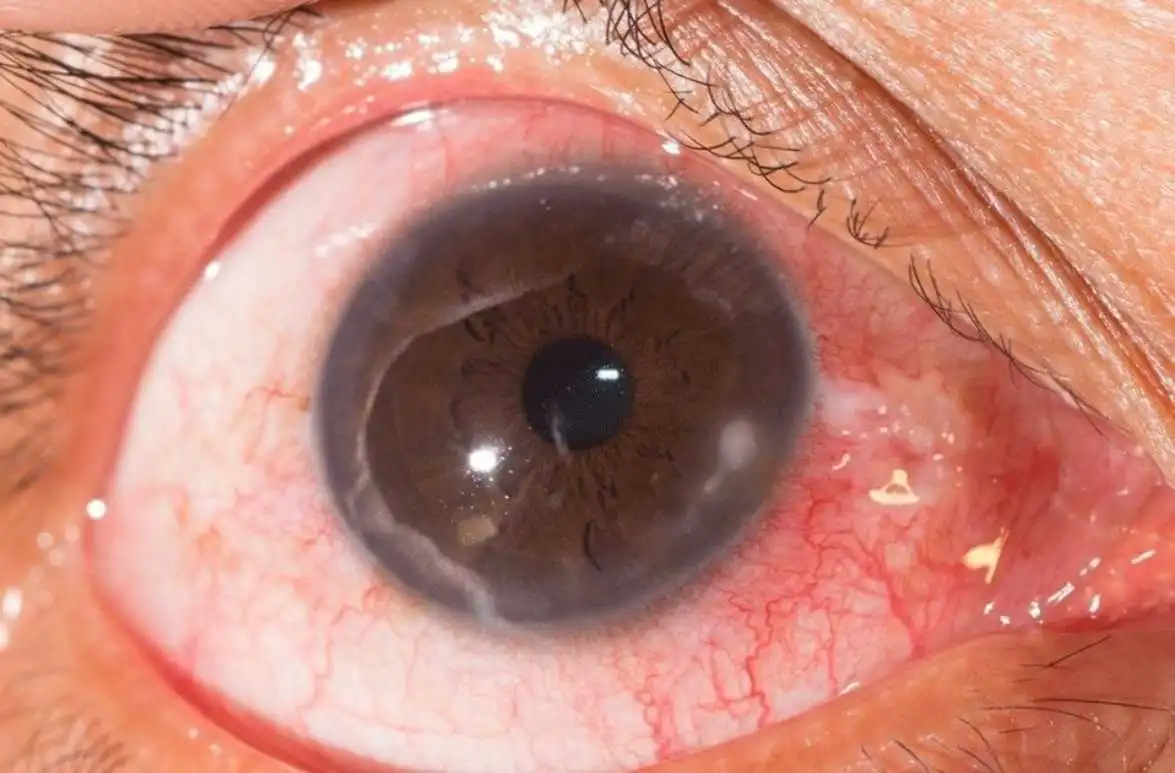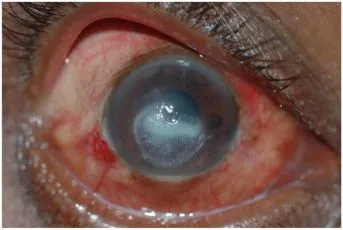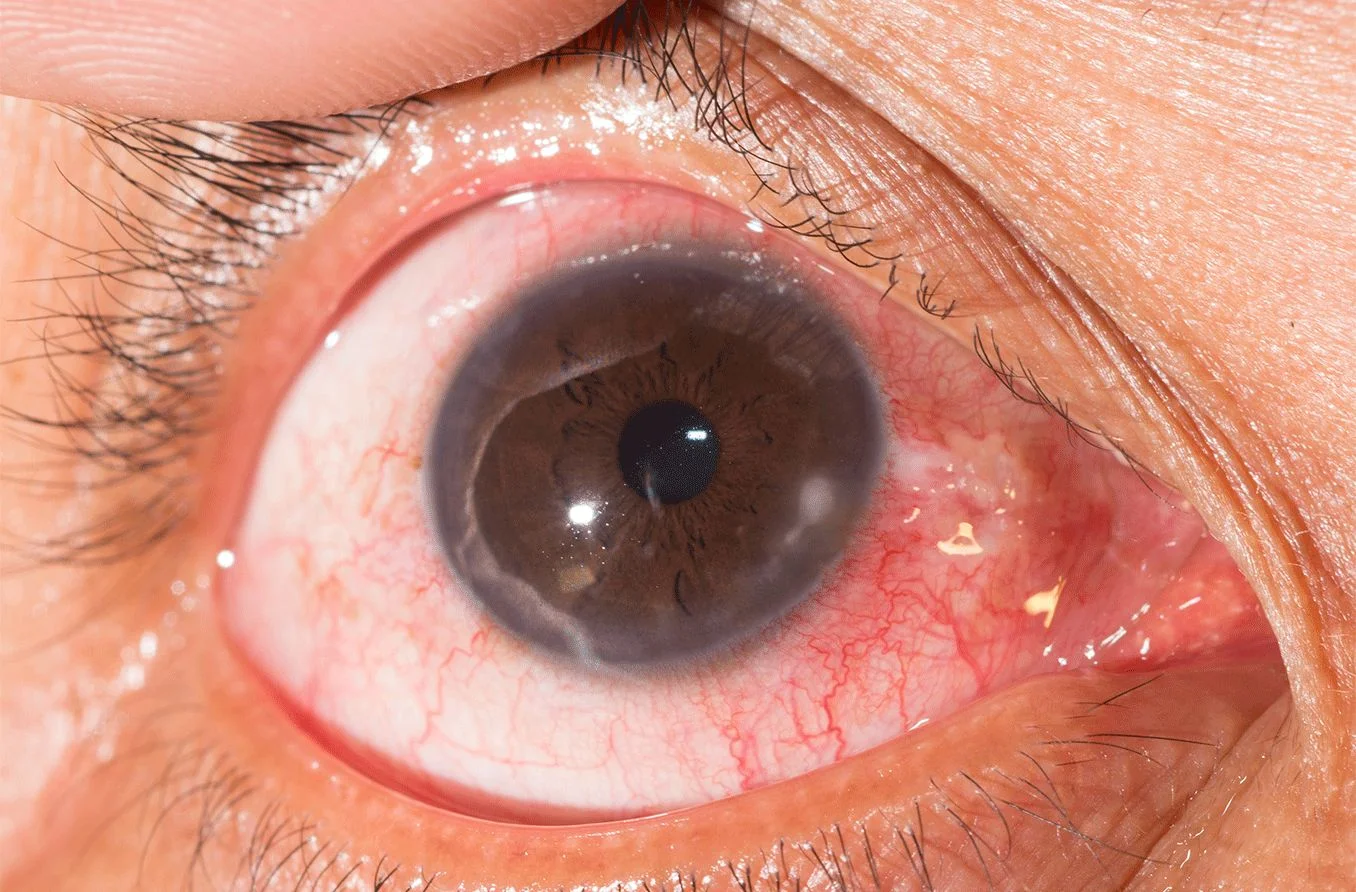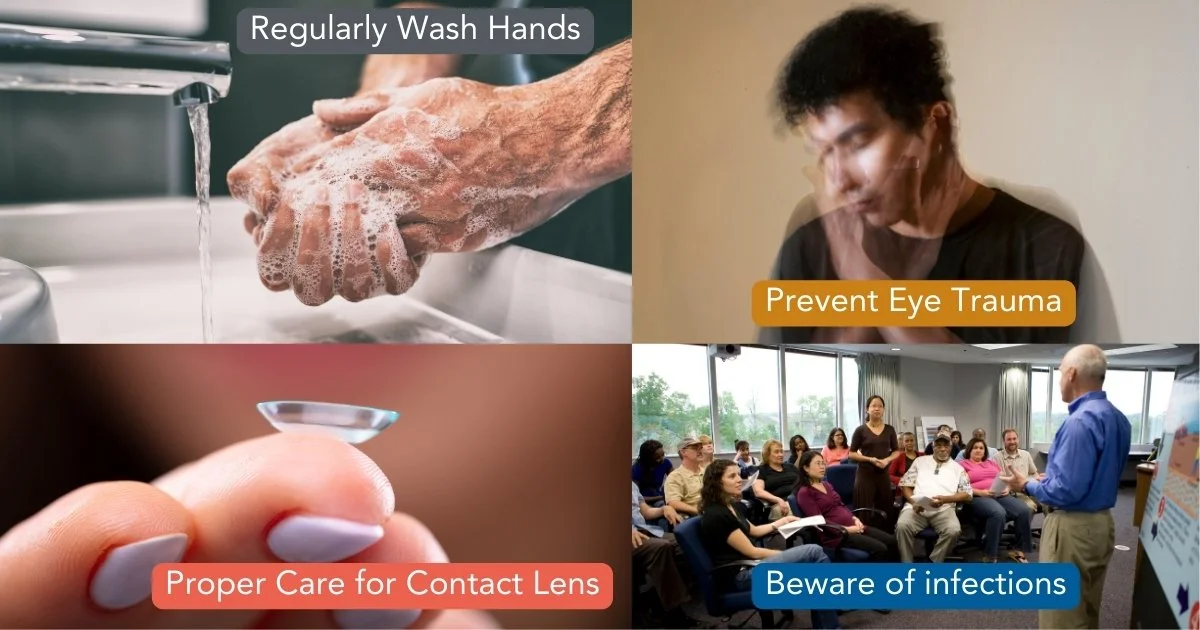Fungal Keratitis or Keratomycosis is an eye infection caused by fungi. It can happen when fungi get into the eye, often from dirty contact lenses, injuries or exposure to contaminated water or soil. The first step in effective treatment is to correctly diagnose the condition, usually through full eye check-up.

Fungal Keratitis symptoms can vary but often include:
Its severity increases rapidly, so early detection is crucial. You should book an appointment with an eye specialist to prevent further complications and early treatment.

Fungi that can cause keratitis are commonly found in the environment, such as in soil, plants, and water. They can also be present on poorly cleaned contact lenses, in contaminated water, or in unhygienic conditions.
Fungal keratitis diagnosis includes a thorough eye exam by an eye doctor:
Eye doctors treat Fungal Keratitis with antifungal medicines. The treatments can be both oral and topicalantifungals to ensure faster recovery.
 Antifungal Medications
Antifungal Medications
When severe infections don't respond to medicines, surgical methods can be opted.
It's important to note that Corneal Transplant and Amniotic Membrane Transplant are not performed at Save Sight Centre.

Fungal Keratitis can be a challenging eye condition, but with timely diagnosis and proper Fungal Keratitis treatment, you can preserve your eyesight. Remember, early intervention is key, and maintaining good eye hygiene and protection can go a long way in preventing this condition.
Continued care and monitoring are important components of Fungal Keratitis treatment.
This problem can affect individuals differently, and special considerations may be necessary in certain cases.
Ans. While some risk factors are unavoidable, such as injuries, you can reduce your risk by practicing good contact lens hygiene, avoiding eye trauma, and staying away from contaminated water sources.
Q.2 Are there any home remedies for Fungal Keratitis?Ans. Home remedies are not recommended for treating fungals. Always consult an eye specialist for proper eye treatment.
Q.3 Is Fungal Keratitis contagious?Ans. No, it is not typically contagious from person to person.
Q.4 Can I wear contact lenses after recovering from Fungal Keratitis?Ans. Consult your eye specialist before resuming contact lens use. They will provide guidance based on your specific eye condition.
Q.5 Can Fungal Keratitis cause permanent vision loss?Ans. Yes, if left untreated, it can lead to vision impairment, but with proper care, vision can often be preserved.
Copyright © 2025 | Save Sight Centre | All Rights Reserved.